Lessons from Pivoting During a Pandemic: A Telehealth Startup’s Journey
Discover how one African telehealth startup survived COVID-19 by pivoting quickly. From WhatsApp consultations to rural partnerships, here are raw lessons and honest reflections on adapting in crisis.

“When the rhythm of the drum changes, the dance must change too.” — African Proverb
When COVID-19 hit in 2020, many startups in Africa froze. Clinics closed. Donors delayed. Users disappeared. But for one Nairobi-based telehealth startup—let’s call them MediLink—it became the ultimate test of vision, grit, and agility.
This is their story. And these are the lessons every African health entrepreneur should keep in their survival kit.
🚨 Pre-COVID: Building Slowly, Dreaming Big
MediLink launched in 2019 as a modest telemedicine platform for urban millennials. The model?
-
Chat-based consultations.
-
Subscription for 24/7 access to GPs.
-
Add-on mental health counseling.
The founders were young, tech-savvy, and full of ambition. But growth was slow. Many Kenyans still preferred in-person care—“Seeing is believing,” as one patient said.
🦠 Then the Pandemic Hit
By April 2020:
-
Hospitals were overwhelmed or closed.
-
Movement was restricted.
-
Anxiety skyrocketed.
Suddenly, MediLink saw a 400% spike in signups—but here’s the catch: most new users were rural, lower-income, and accessing via basic phones.
“We had built for iPhone users in Kilimani, but the real need was in Kitui and Kisii,” said one co-founder.
Time to pivot—fast.
🔄 The Pivot: From App to WhatsApp
Here’s what they changed within 3 months:
1. Shifted to WhatsApp-Based Consultations
Why? Most users didn’t have the app. But nearly everyone had WhatsApp.
They created:
-
A WhatsApp triage bot using Twilio API
-
Direct chat with doctors via WhatsApp Business
-
Prescriptions sent as PDFs or via SMS
📚 Resource: Twilio for WhatsApp → https://www.twilio.com/whatsapp
2. Partnered with Rural Pharmacies
Since deliveries were hard and expensive, MediLink partnered with local chemists to fulfill prescriptions.
“We used boda boda riders as bridges between tech and trust,” they said.
They gave pharmacies:
-
Prescription verification tools
-
Incentives to promote MediLink in their communities
3. Introduced Voice Consultations
Some users didn’t type well or couldn’t read English. Voice calls (even with poor network) turned out to be more humane and effective—especially for older patients.
4. Mental Health Demand Surged
From May to August 2020, the platform saw more mental health inquiries than all of 2019 combined.
MediLink created a free weekly “Talk To A Therapist Friday” campaign, advertised via Facebook and church WhatsApp groups.
📈 Outcomes
By the end of 2020:
-
User base grew 7x
-
Customer retention tripled
-
Rural users outnumbered urban ones
-
Local partnerships became key revenue sources
They didn’t raise a Series A. But they raised credibility, resilience, and community trust.
“We realized our job wasn’t just to digitize healthcare—but to humanize it.” — MediLink co-founder
✍️ 5 Raw Lessons from the Pivot
-
Build for low-bandwidth, low-literacy contexts first.
It’s easier to scale up than scale down. -
Be where your users already are.
No need for fancy apps when WhatsApp does the job. -
Partnership beats perfection.
Your platform won’t be perfect—but teaming up with community players covers your blind spots. -
Crisis reveals your real market.
Their ideal customer wasn’t who they originally thought. COVID showed them their true audience. -
Mental health is not optional.
Don’t bolt it on later. Design for it from the start.
🤝 Final Thoughts: Pivoting Isn’t Failure
In Africa, things don’t always go according to plan. But when your idea meets reality, pivoting is a superpower, not a surrender.
“Only a fool tests the depth of the river with both feet.”
Adaptation is survival—and this startup learned to wade carefully and win.
What's Your Reaction?
 Like
0
Like
0
 Dislike
0
Dislike
0
 Love
0
Love
0
 Funny
0
Funny
0
 Angry
0
Angry
0
 Sad
0
Sad
0
 Wow
0
Wow
0





















































